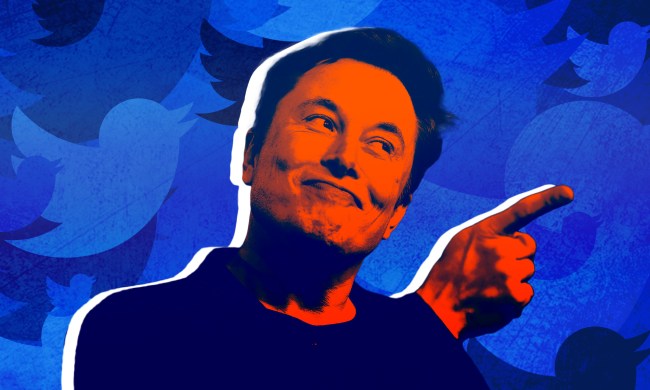ChatGPT and similar generative artificial intelligence (AI) tools are only going to get better, with many experts envisaging a major shake-up for white-collar professions in the coming years.
The new wave of AI-powered chatbots that have been garnering so much attention in recent months can converse in an impressively human-like way and before long will be able to comfortably handle numerous tasks across a range of industries.
Speaking at a conference in Scotland this week, Nobel Prize-winning labor economist Christopher Pissarides suggested that rather than leading to mass layoffs as some fear, he believes the AI revolution could instead lead to a shorter working week.
“I’m very optimistic that we could increase productivity,” Pissarides said in comments reported by Bloomberg. “We could increase our well-being generally from work and we could take off more [time for] leisure. We could move to a four-day week easily.”
Pissarides, a professor at the London School of Economics and an expert in the effects of automation in the workplace, suggested AI tools could free human workers from mundane tasks.
“They could take away lots of boring things that we do at work … and then leave only the interesting stuff to human beings,” he said.
While a four-day week would be welcomed by many people currently toiling away for five days or more, there are still many uncertainties surrounding such a change. For example, would a shorter working week result in a pay cut for those working fewer hours? And while a four-day week may be offered, would those companies gradually reduce the size of their workforce as AI takes on an increasing number of tasks?
Pissarides’s remarks follow a report from Goldman Sachs that suggests as many as 300 million mostly white-collar jobs could be lost or affected in some way by the latest AI technology.
Goldman Sachs’ analysis said that although a large number of jobs are likely to be impacted by AI, many roles would be assisted by the technology rather than eliminated. In addition, it said the shift to AI would result in the creation of new jobs in technology, and lead to a boost in economic productivity as tasks will be carried out in a more efficient manner.
“Although the impact of AI on the labor market is likely to be significant, most jobs and industries are only partially exposed to automation and are thus more likely to be complemented rather than substituted by AI,” Goldman Sachs said.
The fact is, while we know big changes are on the way, it’s still too early to say to what degree the fast-changing technology will impact the workplace.


